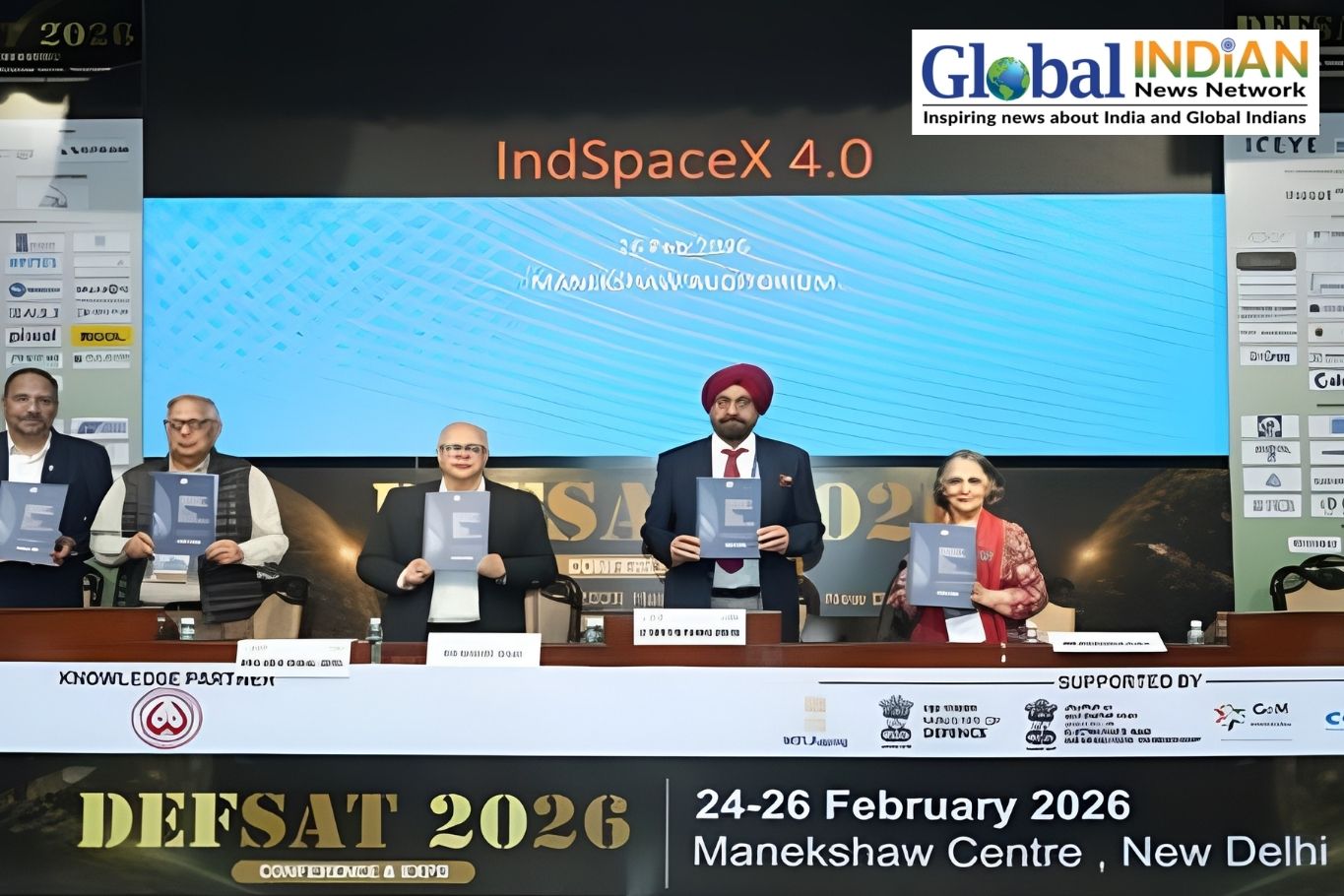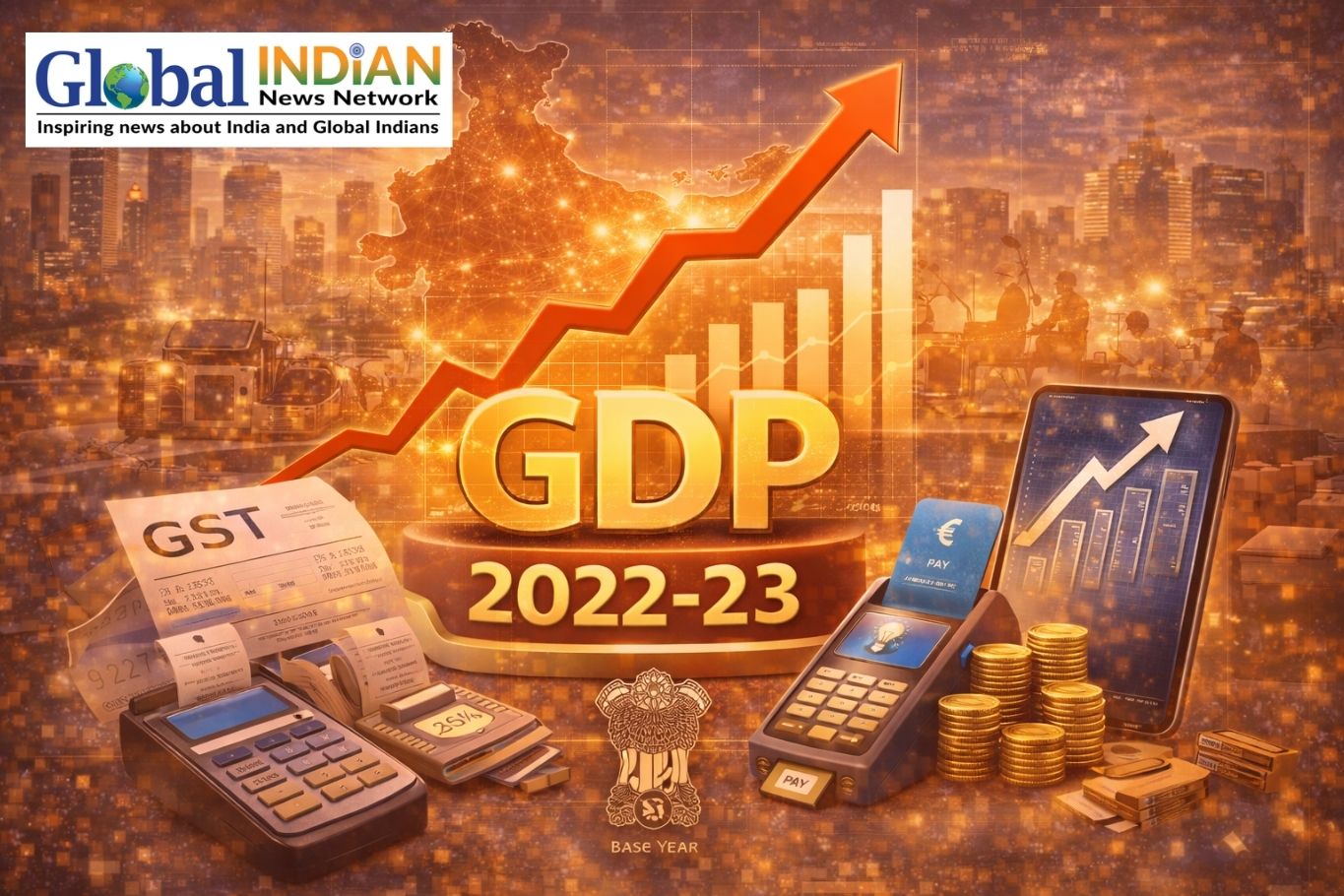 In today’s fast-evolving world, the fusion of Artificial Intelligence (AI) and data represents a transformative force cutting across various industries. India, known for its rich culture, diverse populace, and rapidly expanding economy, stands on the brink of a significant transformation. At the heart of this transformation lie two intertwined forces: Artificial Intelligence (AI) and data. In the 21st century, these twin pillars are poised to become the primary currency of India’s economy, reshaping industries, fueling innovation, and fostering sustainable development.
In today’s fast-evolving world, the fusion of Artificial Intelligence (AI) and data represents a transformative force cutting across various industries. India, known for its rich culture, diverse populace, and rapidly expanding economy, stands on the brink of a significant transformation. At the heart of this transformation lie two intertwined forces: Artificial Intelligence (AI) and data. In the 21st century, these twin pillars are poised to become the primary currency of India’s economy, reshaping industries, fueling innovation, and fostering sustainable development.
The Power of Data
India finds itself at the threshold of a data revolution. With over 750 million internet users and counting, it has solidified its position as one of the world’s largest digital markets. What’s truly remarkable is the sheer volume of data generated – an astounding 3.7 exabytes per month in 2023. Every smartphone swipe, online transaction, and social media post generates valuable data points.
This data isn’t mere information; it’s the lifeblood of the digital economy. It offers businesses insights into consumer behavior, enabling targeted marketing and personalized customer experiences. Industries spanning agriculture to healthcare and finance are harnessing this data to drive innovation, efficiency, and economic growth.
AI’s Transformative Potential
However, data alone resembles a buried treasure waiting to be unearthed. This is where AI plays a pivotal role. AI algorithms, fueled by machine learning and deep learning techniques, can sift through colossal datasets, identify patterns, make predictions, and automate decision-making processes. Essentially, AI converts data into actionable intelligence. It holds the potential to optimize operations, enhance productivity, and stimulate innovation in unprecedented ways.
As of 2021, the AI industry in India was valued at $6.4 billion. Looking ahead to 2023, this figure has undoubtedly surged due to rapid advancements and increased investments in AI. Projections suggest that AI could contribute a substantial $2.9 trillion to India’s GDP by 2030.
Empowering the Workforce
As AI and data continue their evolution, the workforce must evolve in tandem. According to the World Economic Forum, by 2025, nearly half of all employees will require significant reskilling.
India’s expansive and dynamic workforce is its most valuable asset. Initiatives like the National Program on Artificial Intelligence and Skill India Mission are pivotal in ensuring that the workforce remains adaptable and equipped with the necessary skills for the digital age. The agriculture sector, which employs a significant portion of the population, can benefit from AI-driven crop monitoring and precision agriculture, while AI-powered healthcare solutions can extend quality medical care to underserved rural areas.
Innovative Start-up Ecosystem
India’s thriving start-up ecosystem is poised for further growth with AI and data as driving forces. Entrepreneurs are leveraging these technologies to create innovative solutions in various domains, from fintech to healthcare. Support for start-ups, access to funding, and collaboration between established companies and start-ups will be vital in nurturing a dynamic AI-driven entrepreneurial culture.
The Way Forward
As AI and data continue to gain prominence in India’s economic landscape, collaboration between the government, private sector, academia, and civil society becomes crucial. These partnerships will drive research, innovation, and the responsible deployment of AI and data technologies.
However, challenges loom on the horizon. Data privacy and security are paramount, and ethical considerations must guide our actions. Ensuring that AI benefits all segments of society is essential, leaving no one behind. Building AI infrastructure and cultivating a skilled workforce are imperative steps forward.
In conclusion, AI and data are poised to become the primary drivers of India’s economy, propelling it into an era of unparalleled growth and prosperity. The nation’s journey toward this digital future is not just an economic imperative but also a testament to India’s potential to harness technology for the greater good.










